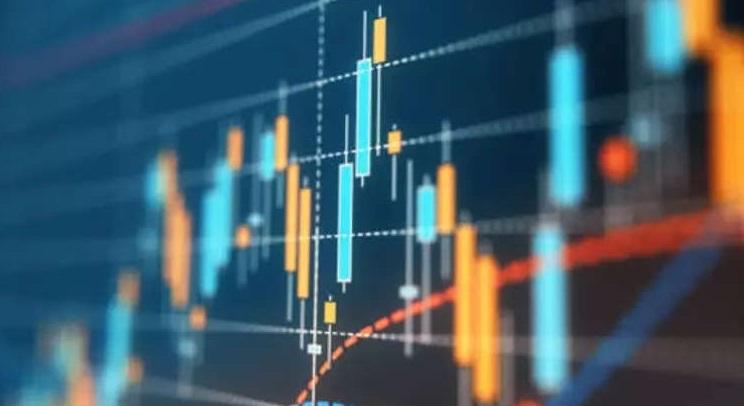Sensex Plummets 1300 Points, Nifty Hits Four-Month Low
The Indian stock market experienced a significant downturn on November 4, with the Sensex crashing by 1300 points and the Nifty hitting a four-month low. This drastic fall was primarily driven by heavy selling in the auto, metal, realty, and energy stocks.
By mid-session, the BSE Sensex was trading at 78,609, marking a decrease of 1,317 points or 1.65 per cent. Concurrently, the NSE Niftywas trading at 23,862.55, down by 441.80 points or 1.82 per cent.
This downward trend was reflected across almost all sectoral indices, with auto, IT, PSU Bank, financial services, pharma, MMCG, metal, realty, media, private bank, infra, and commodities sectors being the major losers.
In the Sensex pack, shares of all companies, with the exception of M&M and Tech Mahindra, were trading in the red. Sun Pharma, Reliance, NTPC, Tata Motors, Power Grid, and Tata Steel were among the top losers.
Historical Market Volatility
This widespread decline in the market was also reflected in the afternoon trade, with the Nifty Bank, Nifty Midcap 100 index, and the Nifty Small Cap 100 index all experiencing significant falls.
The market trend remained negative, with 1,062 shares trading in green on the BSE, while 2,856 shares were trading in red. There was no change in 131 shares.
However, this is not the first time the Indian stock market has experienced such volatility. In fact, the market has shown resilience and the ability to bounce back from such downturns in the past.
For instance, on January 8, 2022, the indices soared with the Sensex ending above 58,000 and the Nifty topping 17,300. This rally was led by the auto and banking sectors, with M&M and Tata Motors gaining more than 6%, while Sun Pharma lost 2.5%.

Global Factors and Market Trends
Similarly, on June 5, 2022, the Sensex ended over 800 points lower, and the Nifty was near 16,400, with metals and realty being the worst hit. This slump was in line with global peers, as Asian and European equities tumbled following a rout on Wall Street. The cause of this downturn was worries that aggressive rate hikes by central banks to check inflation could hurt global growth.
These historical events highlight the inherent volatility of the stock market, which is influenced by a multitude of factors, including global events, economic indicators, and investor sentiment. Market experts have suggested that the global market’s focus will be on the US presidential elections in the coming days, and instability may persist for some time regarding the election results.


Comments are closed.